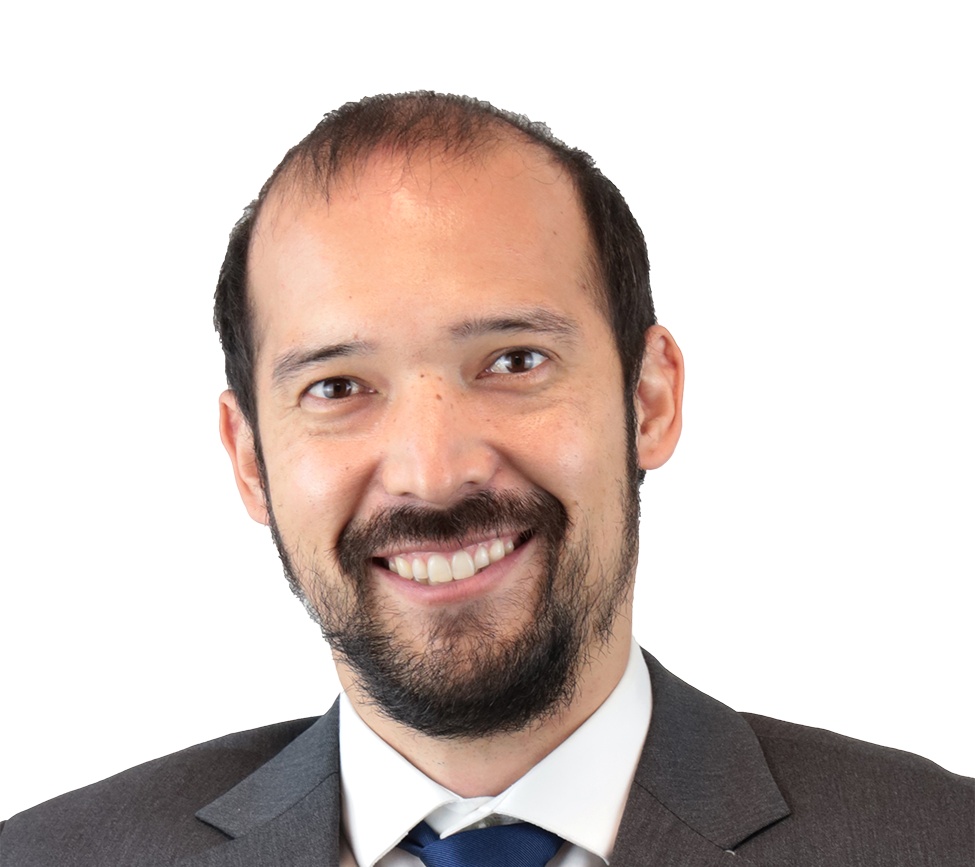

- Ph.D., BIOMEDICAL SCIENCE, University of New Mexico, 2018
- B.A., Biology, Hendrix College, 2010
- Biomedical Engineering Society (BMES)
Dr. Coombs specializes in cellular biology, materials science, in vitro diagnostics, the assessment of the interface between biology and materials, and microbiology. Trained in Biomedical Sciences, he has interdisciplinary expertise in cellular biology, materials science, bioengineering, and microbiology.
As a bioengineer, he designed and developed organ-on-a-chip/organ bioreactor technologies and optimized them for human tissue growth and in vitro assays. Dr. Coombs specializes in materials selection, synthesis, characterization, and modification in order to promote optimal biological activity of primary cells on novel polymer substrates. He can also characterize materials using techniques like goniometry, tensile and elongation, rheology, hydrogel sol/swell, biocompatibility, fluorescence/ confocal microscopy, scanning electron microscopy (SEM), atomic force microscopy (AFM), nuclear magnetic resonance (NMR), and gel permeation chromatography (GPC). In addition, he has experience investigating cellular biology using quantitative polymerase chain reaction (qPCR), immunofluorescence (IF), flow cytometry (FCM), radiological isotope exposure studies, apoptosis assays, in vitro toxicology testing, and metabolic profiles.
Dr. Coombs can help clients in device and substrate design, material testing, and assay development from both a materials and biological standpoint. This includes but is not limited to manufacturing, material surface modifications, biocompatibility testing, and mechanical testing. He can also advise on the choice and development of biological assays, cell sourcing, and investigations of cellular behavior in novel cell culture environments or assays.
Prior to joining Exponent, he completed a post-doctoral position at Los Alamos National Laboratory (LANL). His work involved the design, manufacturing, and testing of organ chips and bioreactors, which captured complex mechanical cues found in human organs. These organ chips were developed to increase the reliability and predictive value of in vitro assays using primary human cells and induced pluripotent stem cell-derived (iPSC) cardiomyocytes compared to tradition cell culture methods. His work also helped to investigate radiotherapeutic treatments designed to target antibiotic resistant bacterial infections. As a University of California/Los Alamos National Laboratory Entrepreneurial Postdoctoral Fellow he received training in technology transfer practices and how it can be applied to federal laboratory technologies to create products for the private market.
